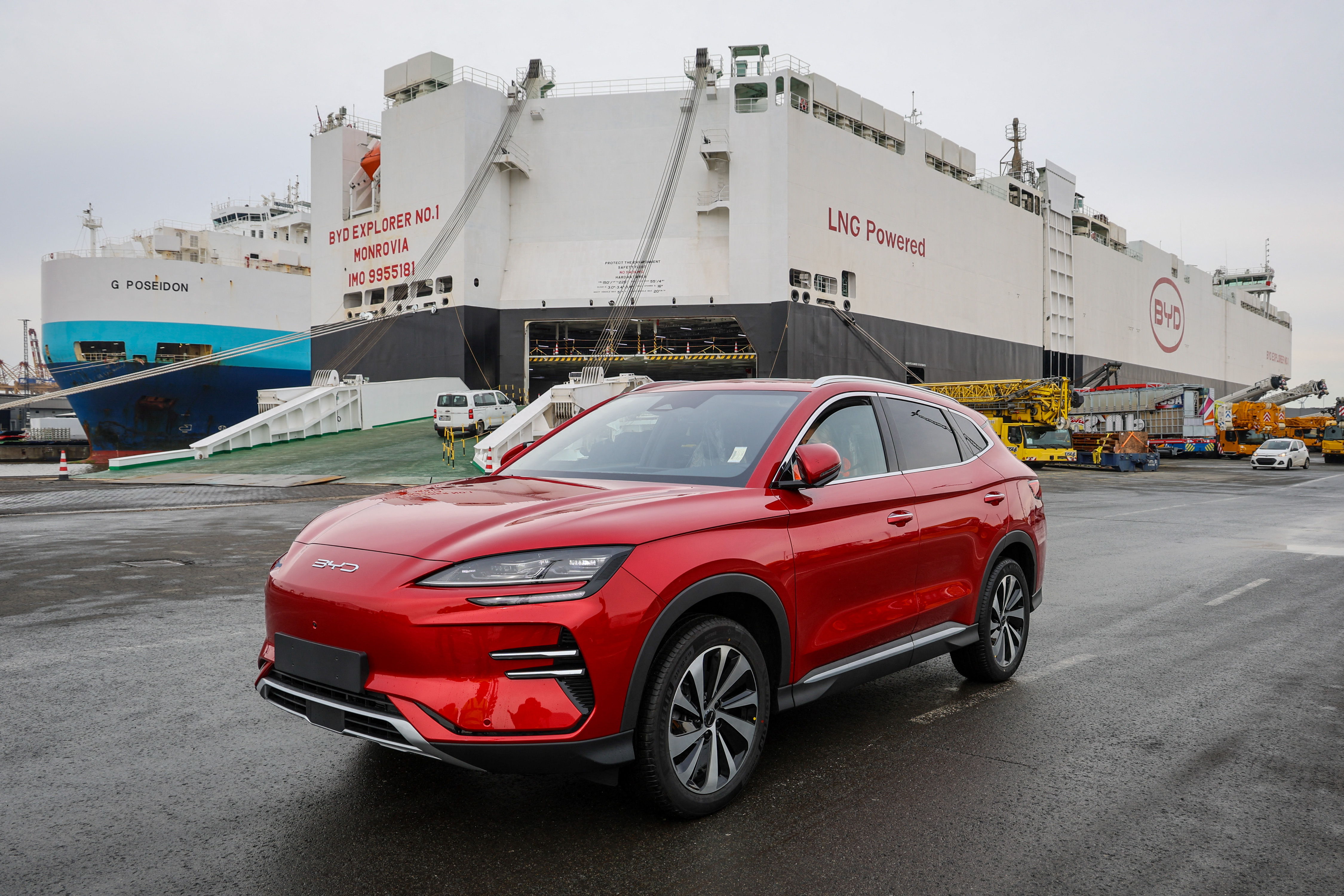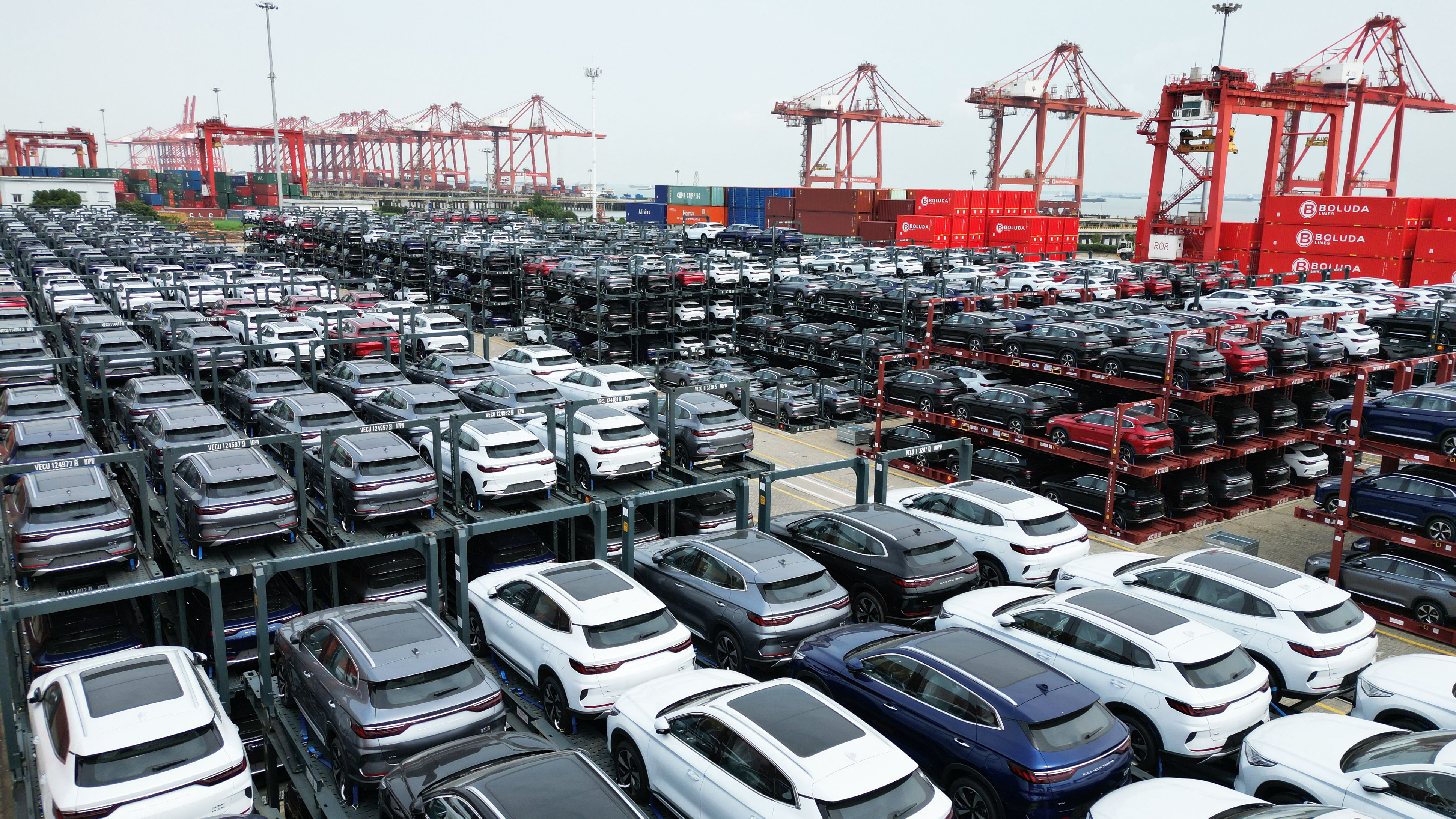Higher tariffs on Chinese electric vehicles to take effect on Friday

From Friday, provisional tariffs on imports of electric cars from China will come into force at Europe's external borders, the European Commission confirmed on Thursday. The tariffs are designed to protect European manufacturers from unfair competition from Chinese companies, which can supply more cheaply thanks to extensive government support.
The Commission had already announced on 12 June that it would impose "compensatory" duties on imports of pure electric vehicles from China from July. An investigation, launched in October 2023, found that manufacturers in China enjoyed many unfair subsidies, which threatened to cause economic damage to European car companies.
The market share of European companies is falling sharply, while the share of Chinese imports rose from 4 per cent in 2020 to 25 per cent during the investigation. Without action, the European car sector, which supports 2.5 million direct and 10.3 million indirect jobs, risks suffering the same fate as the European solar panel industry, the Commission says.
Unsuccessful talks
The Commission has since entered into talks with the Chinese government, but these have not yet led to a solution. That is why the provisional tariffs will come into force on Friday for a period of up to four months. If the Commission and China do not find a solution during this period, the Commission may propose in early November that member states impose definitive tariffs for a period of five years.

How much more Chinese carmakers have to pay will depend on the amount of state aid they received and their cooperation with the investigation. For example, BYD faces a tariff of 17.4 per cent, Geely 19.9 per cent and SAIC 37.6 per cent. The companies previously paid a 10 per cent tariff.
China responded by launching an anti-dumping investigation into European pork imports in June. But on Thursday, the Beijing government stressed the importance of a negotiated solution. "I hope the European and Chinese sides will seek rapprochement, show fairness and speed up consultations," a spokesperson for the Chinese ministry of Commerce said.
'Damaging' tariffs
Some member states also oppose the tariffs. Germany, for whose car companies China is a very important market, is leading the protests. Volkswagen, Europe's biggest carmaker, said on Thursday it rejected the "damaging" tariffs. BMW said the tariffs would lead to a "deadlock" and were a "serious violation of the principle of free trade".
Germany and its carmakers are backed by Sweden and Hungary. If they want to block the measure, they will need to gather at least 15 member states representing at least 65 per cent of Europe's population by November.
© PHOTO FOCKE STRANGMANN / AFP